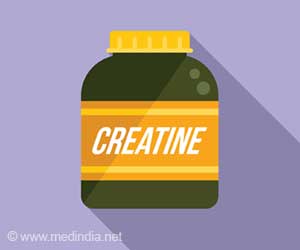Mothers diagnosed with gestational diabetes mellitus have a high risk of developing postpartum depression symptoms.
- Mothers with gestational diabetes mellitus (GDM) have a higher risk of developing depression symptoms after childbirth and type 2 diabetes later in life
- Postpartum depression symptoms were found in 16 percent of mothers diagnosed with gestational diabetes
Postpartum depression symptoms are experienced by 10-15 percent of mothers after childbirth. The newly published study used the Edinburgh Postnatal Depression Scale to assess depression symptoms during the third trimester of pregnancy and eight weeks after delivery.
Postpartum depression symptoms were observed in 16 percent of mothers diagnosed with GDM, and in approximately nine percent of mothers without GDM. The researchers used statistical methods to adjust the results for other factors contributing to the risk of GDM and postpartum depression symptoms, such as maternal age at delivery, body mass index and depression symptoms experienced during pregnancy.
Conducted by the University of Eastern Finland, the University of Helsinki, Kuopio University Hospital and the Finnish National Institute for Health and Welfare, the study pooled data from Kuopio Birth Cohort, which is an ongoing follow-up of women from the beginning of their pregnancy. Altogether, 1,066 mothers with no previous mental health issues were selected for the study.
"Psychological mechanisms may partially explain the observed association between GDM and postpartum depression symptoms," says Doctoral Student Aleksi Ruohomäki, the first author of the study. "Being diagnosed during pregnancy with a disease that might harm the fetus can be a stressful experience, which may predispose to depression symptoms."
Research evidence is scarce regarding the possible effects of GDM on postpartum depression symptoms, and the new Finnish study is an essential contribution to this emerging area of research.
















